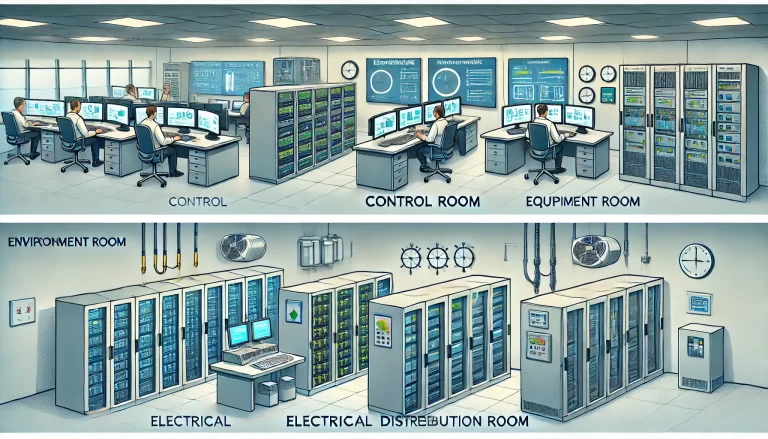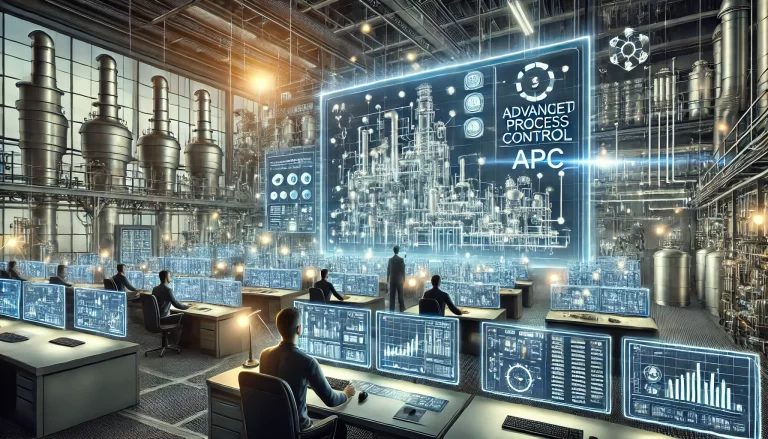In every advanced process control (APC) project, clients aim to master the technologies involved. However, successfully transferring technical knowledge is often a complex and challenging process. For effective learning, active and consistent involvement throughout the project execution is essential.
This article explores the challenges in technology transfer within APC projects and proposes strategies to improve learning outcomes and project success.

1. The Challenges of Technology Transfer
1.1 Limited Involvement Due to Time Constraints
Although stakeholders aspire to learn new technologies, many struggle to dedicate enough time due to their primary responsibilities. Even when involved, they may not fully grasp the objectives or critical knowledge at each project phase. This results in low engagement and superficial understanding.
For example, in a recent APC upgrade project, the number of manipulated variables increased from just a few to over 20 within a short timeframe. Unfortunately, no one from the client’s team participated in all stages, leading to situations where issues in the controller were resolved without their awareness.
1.2 Rapid Project Timelines
Modern projects move at an accelerated pace. Without sufficient preparation, key milestones, such as deploying a new controller, can be missed. Stakeholders often lack the opportunity to delve deeply into the system’s principles, leaving them with an incomplete understanding.
1.3 High Knowledge Barriers
APC projects demand multidisciplinary expertise, including process control, instrumentation, and system design. Gaining mastery often requires exposure to multiple projects and significant hands-on experience. Even for experienced engineers, developing a profound understanding of APC systems is no small feat.

2. Strategies for Effective Technology Transfer
2.1 Active and Full Engagement
The cornerstone of effective learning in APC projects is consistent involvement. Team members should engage at every phase, from planning to implementation, and not limit themselves to observing.
Daily Project Summaries: Writing daily summaries during project execution can significantly deepen understanding. This practice parallels my experience of running a blog, which has greatly enhanced my insights into APC.
Adopting the Engineer’s Perspective: Participants should approach projects with the mindset of an implementation engineer rather than a passive observer. This means being open-minded, proactive, and willing to delve into specific tasks.
2.2 Collaborative Problem-Solving
Projects should move beyond the traditional client-contractor dynamic. Engineers on both sides should:
- Work together to unlock the full potential of the system.
- Exchange knowledge openly, blending process expertise with control strategies.
- Tackle challenges collaboratively, enhancing both problem-solving and mutual understanding.
2.3 Building Comprehensive Skills
Participants need to familiarize themselves with all facets of APC, including:
- Control Strategies: Techniques like PID tuning, process analysis, and optimization.
- System Integration: How software tools and hardware interact.
- Interdisciplinary Communication: Collaborating effectively with process and control engineers.

3. Overcoming Organizational Challenges
3.1 Establishing Dedicated Roles
Having specialized APC maintenance engineers within the organization can ensure continued focus on APC projects. Larger corporations often have independent APC teams responsible for both implementation and maintenance, providing consistency and expertise.
3.2 Clear Role Definition
Many organizations mistakenly treat APC as a supervisory or compliance function, rather than a technical enabler. The role of APC teams should be to empower the system by resolving issues and improving efficiency, rather than simply auditing performance.
3.3 Leveraging External Resources
When internal resources are limited, collaborating with external experts can help bridge the gaps in knowledge and experience. However, it’s critical for internal teams to remain involved to ensure effective learning.

4. Lessons from Experience
APC projects are inherently challenging, requiring not just technical skills but also the right circumstances for successful knowledge transfer. Several factors contribute to a favorable outcome:
- Active Participation: Engagement at every stage ensures a deeper understanding.
- Strong Collaboration: A cooperative mindset among all parties helps uncover innovative solutions.
- Long-Term Commitment: Developing expertise in APC is a gradual process, often requiring years of practice and exposure to multiple projects.

Conclusion
Mastering advanced process control technologies demands time, effort, and the right approach. While the challenges of technology transfer are significant, adopting the strategies outlined above can lead to meaningful progress. With persistence and collaboration, teams can turn APC projects into transformative learning experiences.
As Malcolm Gladwell famously stated in Outliers:
“The key to extraordinary success is not innate talent but continuous effort. The 10,000-hour rule is the necessary condition for becoming world-class in any field.”
The same principle applies to mastering APC. By dedicating sufficient time, maintaining an open mind, and collaborating effectively, individuals and organizations can achieve both technical mastery and long-term success.
